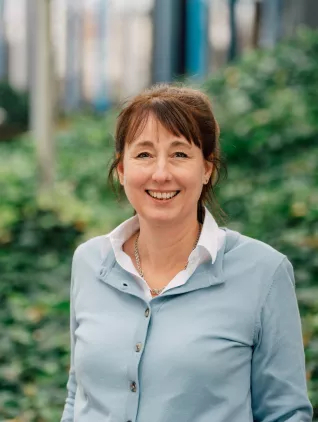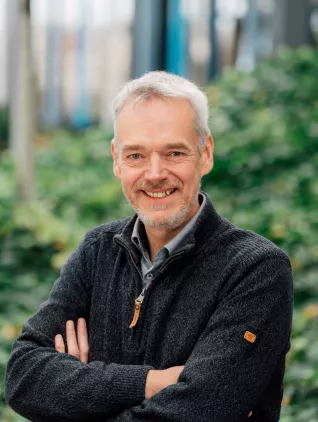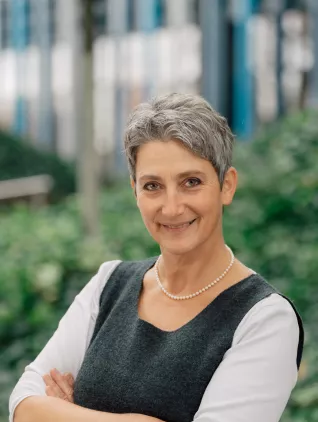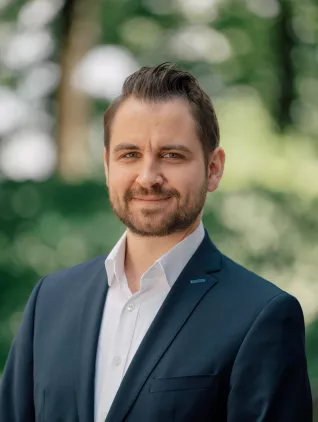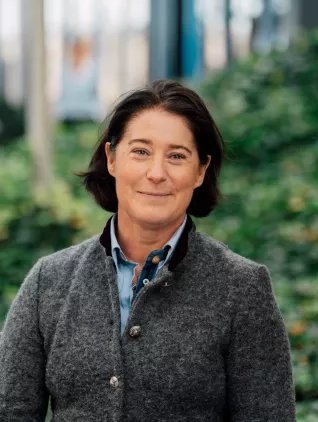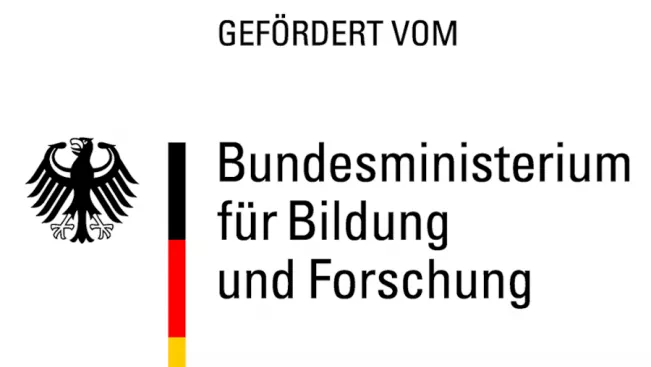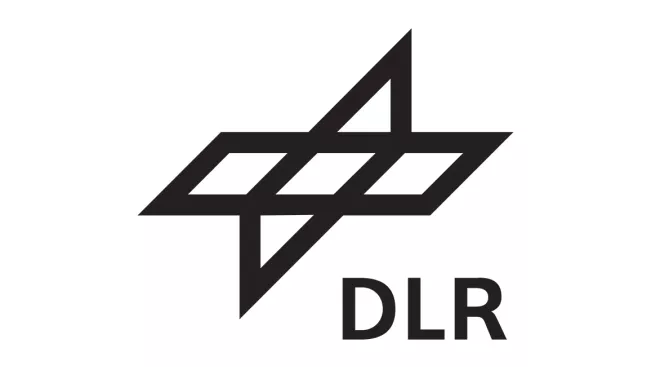KLUGER Transfer - Climate - Environment - Health - Transfer
Research project at a glance
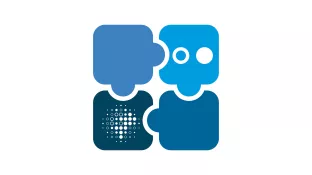
Departments and Instituts
Funding type
Period
01.10.2021 to 31.12.2024
Website
Project Description

Aim of the project
The KLUGER Transfer project aims to develop and test new methods and instruments for institutionalized transfer cooperation between non-university research institutions (AUF) and universities of applied sciences (HAW). The focus is on global climate and environmental changes and the associated effects. A continuous, multi-stage transfer chain from basic research through applied research and teaching to society, business and politics is being developed.
The challenge
In view of global climate and environmental changes, the efficient transfer of scientific knowledge to society is of crucial importance. The challenge is to develop innovative transfer paths that take into account the needs of both science and practice and can be anchored in a sustainable system.
Method
The project follows a two-stage model in which practice-oriented "smart" transfer paths are developed from a basic research institute via HAWs into practice. The transfer is supported by innovative formats such as citizen science and public panel discussions. An accompanying transfer study analyzes the preferences of science stakeholders and practice partners with regard to their involvement in transfer processes.
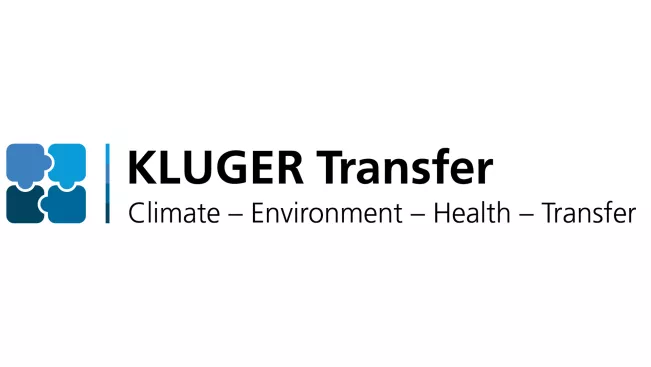
Global climate and environmental changes require a profound transformation towards sustainable development. In order to achieve this transformation, a functioning transfer of knowledge between science and society is essential. The search for sustainable ways to achieve the necessary transformation requires a good understanding of the necessary transition processes of all affected and acting persons and institutions. Innovative transfer methods are necessary in order to move from scientific problem analyses to realistic solution proposals. In order to develop the right transfer strategies, existing transfer methods need to be experimentally adapted to the respective context. Especially for the Max Planck Institutes in their role as non-university research institutions (AUFs), which essentially conduct basic research, the early transfer of knowledge and technologies is of central importance for the transformation of society.
New transfer strategies
As part of the KLUGER transfer project, an institutionalized transfer cooperation between a non-university research institute (AUF) and a university of applied sciences (HAW) is being tested. The aim is to promote the interface between basic research and society. The Max Planck Institute for Chemistry (MPIC) in Mainz is coordinating the network. The MPIC focuses on the transfer of research results to HAWs in order to provide feedback for future transfer and research planning.
Role of universities of applied sciences (HAW)
Universities of Applied Sciences (UAS) play a central role as a "transfer hinge" between basic research and practice. As part of the project, Bonn-Rhein-Sieg University of Applied Sciences (H-BRS) is developing a toolbox with transfer instruments aimed at specific target groups and designed to have a broad impact in society. The IZNE is also conducting a transfer study to analyze the preferences and perceived influence of transfer processes on the scientific quality and social relevance of research.
Importance of the transfer for social transformation
The transformation of society towards sustainable development is only possible if the transfer of knowledge between science, society and business works. Innovative methods of transfer are essential in order to move from scientific analysis to practical recommendations for action. The overarching goal of the project proposed here is the development of an innovative, high-quality and practice-oriented, i.e. 'smart' knowledge transfer. Citizen science approaches and education for sustainable development (ESD) play a decisive role here.
The challenge here is to convert available information into practical knowledge. This essentially involves (a) knowledge transfer between AUF and HAW and (b) knowledge transfer between HAW and practice. For both aspects, information must "flow" in a high-quality manner and at the same time be communicated in a context-appropriate manner. This requires suitable formats. These are developed in a multi-stage transfer chain from basic research at the MPIC to applied research and teaching at the IZNE and the H-BRS in order to put them into practice. The implementation of various formats creates a sustainable system of knowledge transfer:

TANDEM Talks
Researchers from the Max Planck Institute for Chemistry (MPI) and Bonn-Rhein-Sieg University of Applied Sciences (H-BRS) talk and discuss climate, environment and health in tandems. Always from two perspectives: Basic research vs. applied research.

ScienceConnect
This platform creates a unique link between Bonn-Rhine-Sieg University of Applied Sciences (H-BRS) and the Max Planck Institute for Chemistry (MPIC). As a link between science and journalism, it connects current research projects in the media and makes them accessible to the public.

Teaching
The teaching sub-project promotes the transfer of knowledge from basic research to applied sciences. The aim is to bring students closer to basic research through collaboration between researchers at the MPIC and lecturers at H-BRS. To this end, the elective subject "Ventilation Technology" was developed for the IWK department in the summer semester of 2023.

Citizen Science
The Citizen Science sub-project promotes the exchange between researchers and citizens at eye level. With the support of the IZNE and MPIC, gardeners from the Rhine-Sieg region are investigating the supply of trace elements by growing three types of young plants, sending samples to the IZNE for analysis and taking part in workshops.
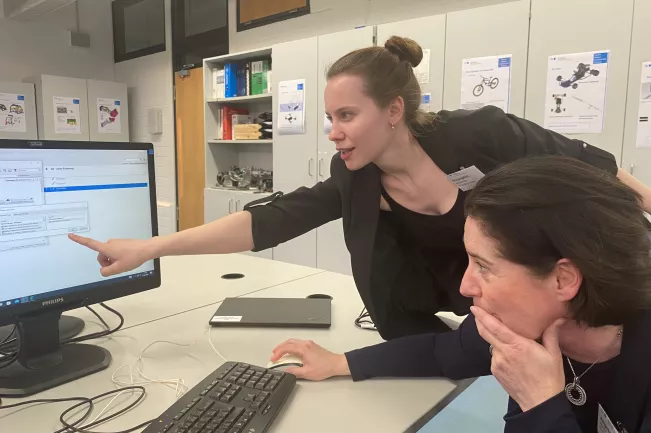
Local politics and administration, regional economy
The sub-project focuses on cooperation with local politics, administration and regional business and develops customized communication formats for effective collaboration.

Transfer study
The study examines the personal attitudes and preferences of academic staff at German non-university research institutions with regard to knowledge transfer and knowledge co-production. The aim is to gain a deeper understanding of employees' views on the exchange and joint creation of knowledge.
KLUGER Newsletter
Sign up for the newsletter to receive all news about the KLUGER Transfer project as well as all information about upcoming events once a quarter. (Only available in German)
Cooperation partners

Sponsors
Links
Further links
